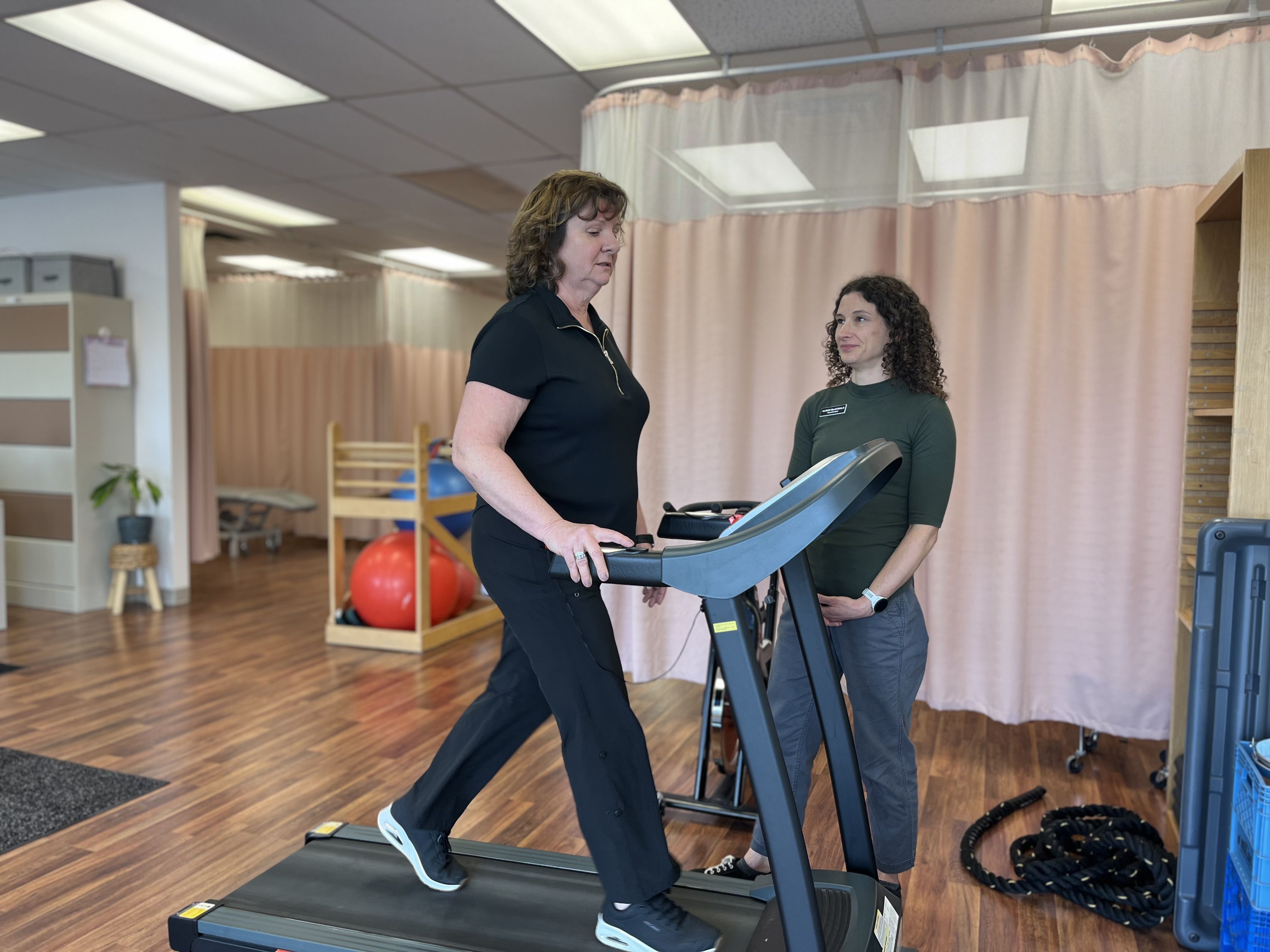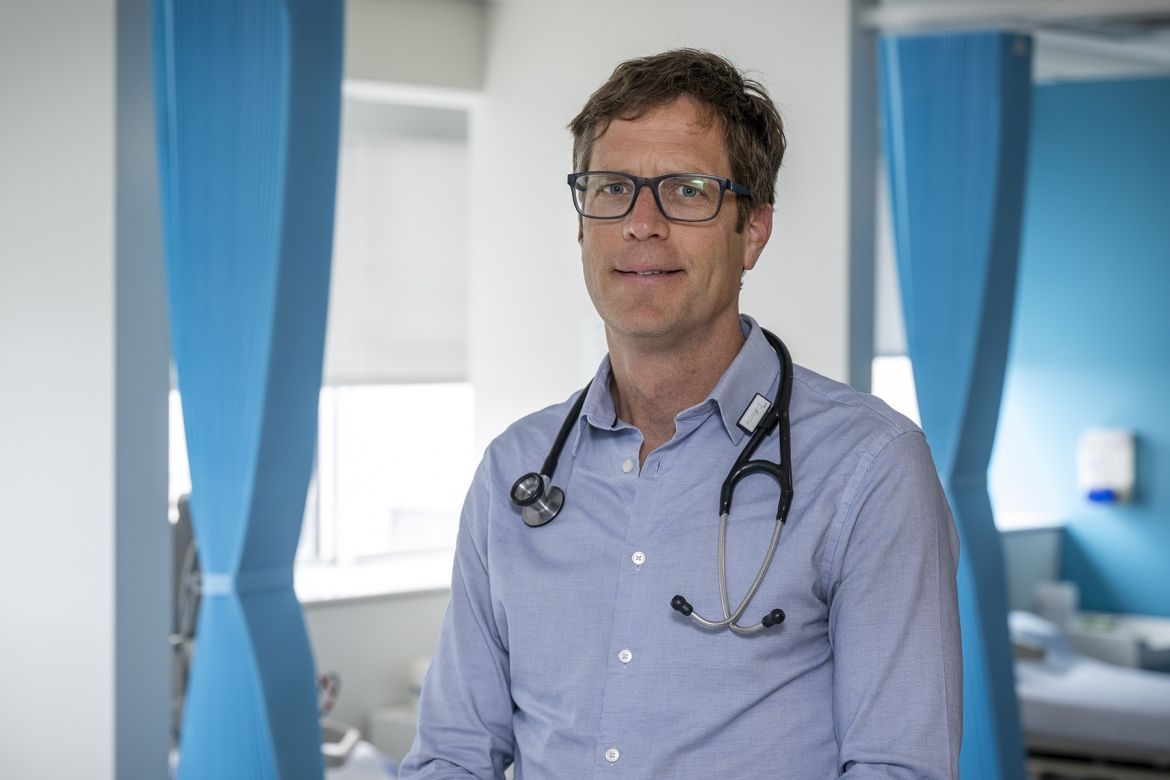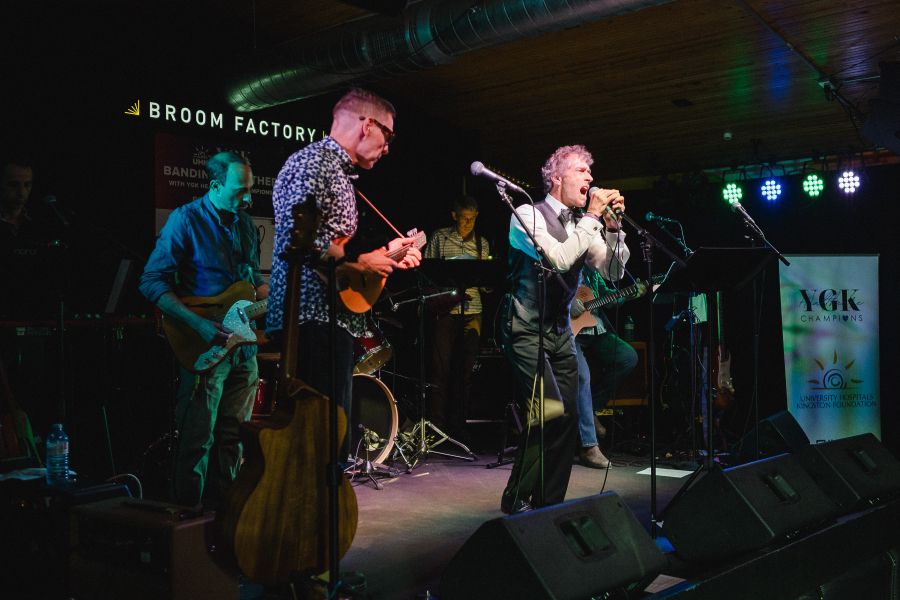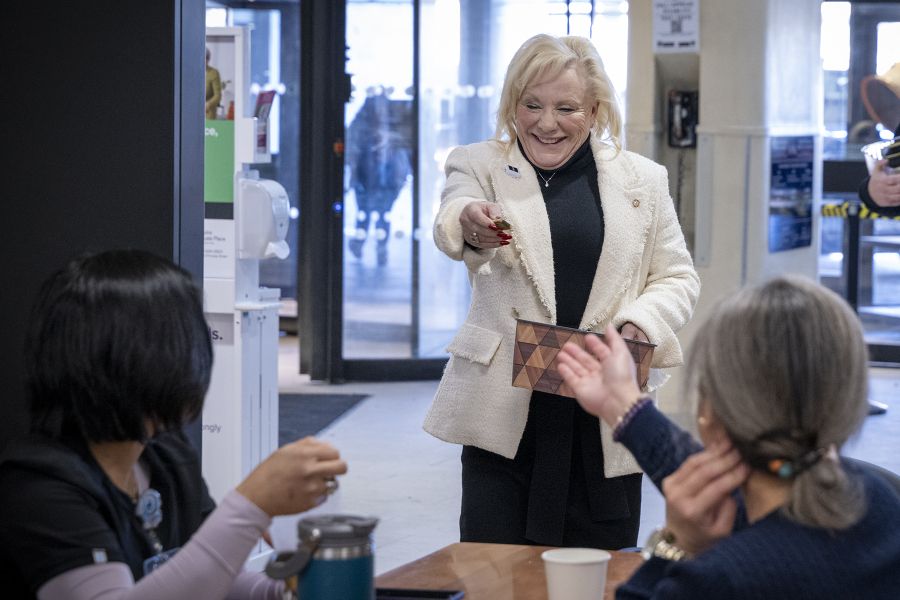
A landmark international clinical trial co-led in Canada by researchers at Kingston Health Sciences Centre (KHSC), the Canadian Cancer Clinical Trials Group (CCTG), Queen’s University and the KHSC Research Institute has delivered groundbreaking results: a structured exercise program significantly improves survival and reduces recurrence for patients with colon cancer.
The trial, conducted over 17 years, is the first to conclusively show that physical activity after surgery and chemotherapy can improve long-term outcomes for people with colon cancer. The results, presented June 1 at the American Society of Clinical Oncology (ASCO) annual meeting and published in the New England Journal of Medicine, mark a turning point in cancer care worldwide.
“As oncologists, one of the most common questions we’re asked is what else patients can do to improve their outcomes,” says Dr. Christopher Booth, medical oncologist at KHSC, co-chair of the trial and Professor of Oncology at Queen’s University. “This trial gives us a clear answer. A structured exercise program after treatment significantly lowers the risk of recurrence and helps patients live longer and better lives.”
Kingston played a leading role in this world-first study—not only through Dr. Booth’s leadership and the involvement of the CCTG, Queen’s University and KHSC, but also by being one of top hospitals in the world, in terms of enrolling patient participants for the study.
One of those patients was Terri Swain-Collins, a Kingston-area resident and colon cancer survivor, who received care at KHSC and participated in the trial.
“Simply being told to exercise wouldn’t have been enough,” she says. “Having someone walk alongside me, guide me and check in regularly made it possible. That sense of accountability was everything.”
Swain-Collins worked with a certified exercise specialist to build and maintain a routine tailored to her needs—one that she’s still following today, years after completing her cancer treatment.
Major survival benefits
The randomized trial enrolled 889 patients in Canada, the UK, and Australia between 2009 and 2024. Participants had completed surgery and chemotherapy for stage III or high-risk stage II colon cancer. Half were assigned to a three-year structured exercise program; the other half received general health education materials.
Key findings include:
- A 37 per cent lower risk of death among participants in the exercise group
- A 28 per cent lower risk of disease recurrence or new cancers
- An 80 per cent disease-free survival rate at five years in the exercise group, compared to 74 per cent in the education-only group
- A 90 per cent overall survival rate at eight years in the exercise group, compared to 83 per cent in the education-only group
Participants met with a physiotherapist or kinesiologist every two weeks during the first year, and monthly for the next two, with the goal of completing at least 2.5 hours of moderate aerobic exercise each week. Researchers say this kind of support is critical and should become a standard part of cancer care, alongside surgery and chemotherapy.
Kingston at the forefront of global research

“The CHALLENGE trial shows how collaboration across countries and institutions can improve lives everywhere,” says Dr. Chris O’Callaghan, Senior Investigator with the CCTG. “We are proud to have led a trial that will shape how colon cancer is treated globally.”
The success of the trial underscores the pivotal role that Kingston is playing in advancing cancer research, and how participation in clinical trials directly benefits patients and families.
“Clinical trials like this one are how we move from bold ideas to better outcomes,” says Dr. Booth. “This is research that changes lives—and it’s happening right here in Kingston.”



